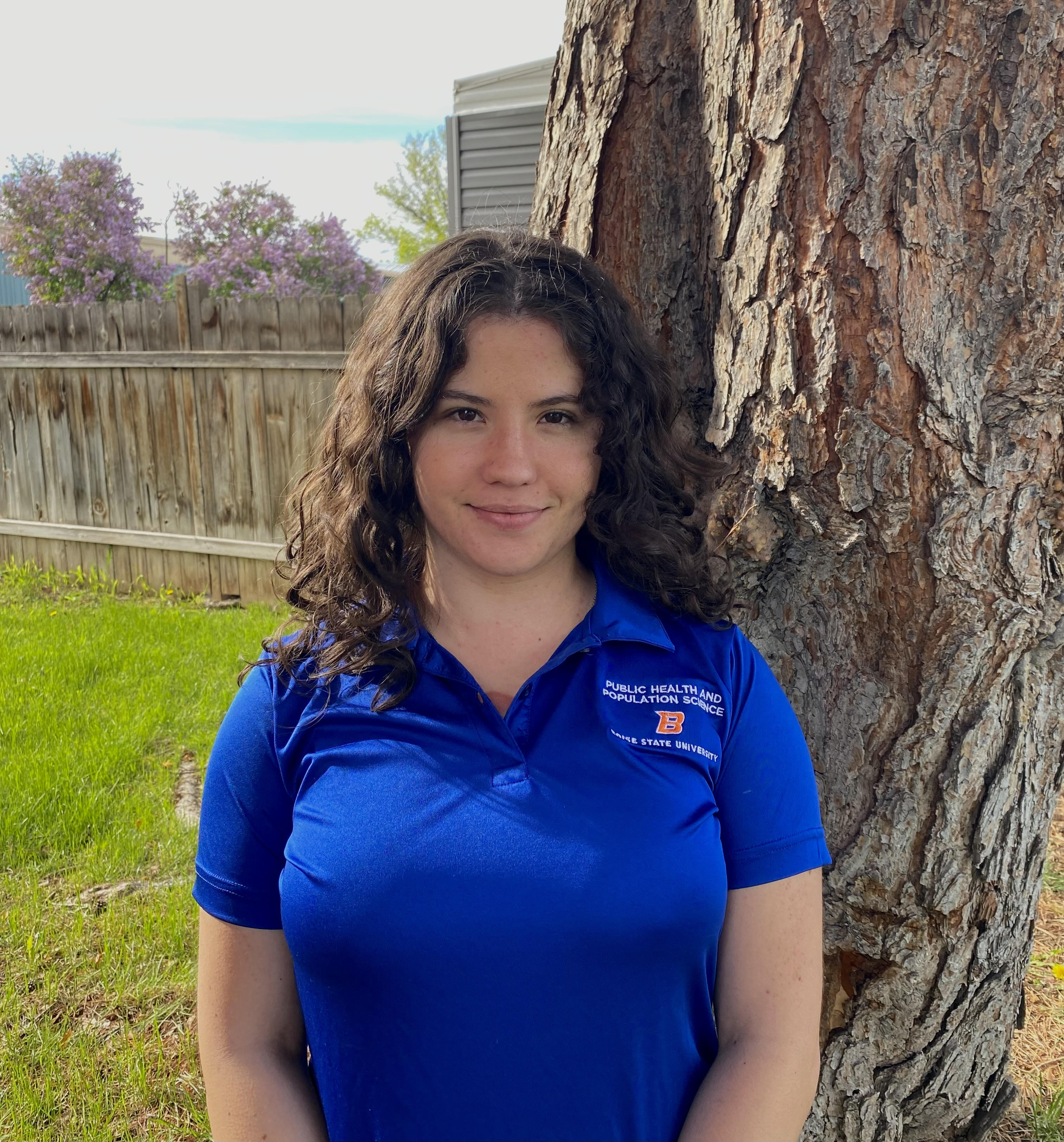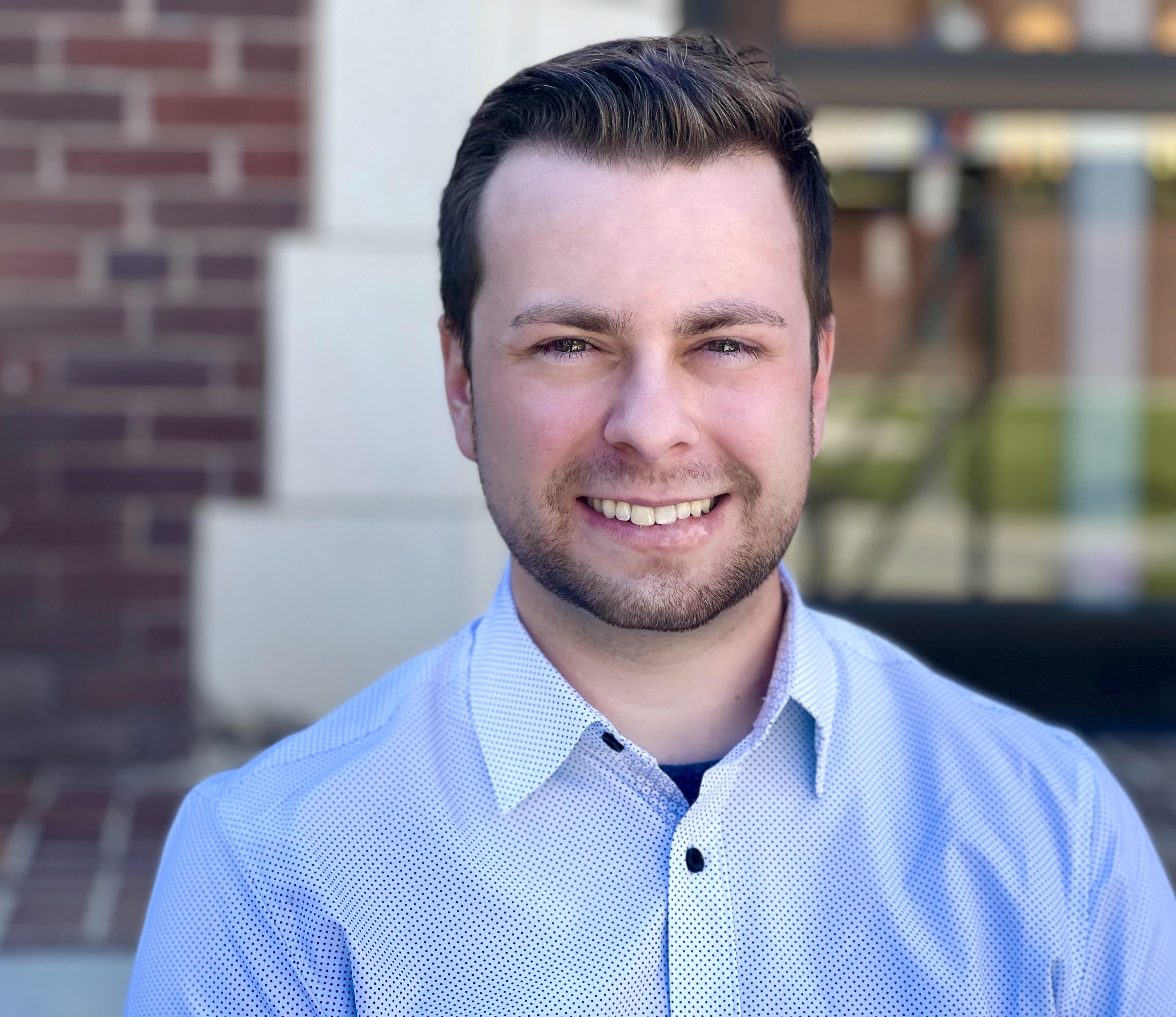Master of Public Health students Taylor Oxley and Connor Young recently teamed up with the city of Meridian, Idaho, to research what a city needs to provide a healthy and thriving built environment for its community members.
Utilizing the social determinants of health to determine what community member health and fulfillment might require, the students examined sidewalks, lighting and housing damage within funding-eligible areas.
With the data collected, Oxley and Young were able to recommend various improvements to the city, such as updates to roofing, HVAC systems, plumbing, windows and insulation in certain areas. They also suggested installing sidewalks, at least five to seven feet in width, in neighborhoods that currently lack adequate sidewalks.
Rhiannon Avery was part of a consulting team that was on contract with the City of Meridian. Part of the consulting team’s task, she said, was to conduct a review of the city’s built environment to better understand possible improvement in areas that meet federal funding guidelines.
This struck Avery as a potential way to “to partner with Boise State,” she said, and provide real-life experience in the field to see how communities develop over time.
With the help of School of Public and Population Health Professor Sarah Toevs, Oxley and Young were brought on as student research team members.
For Young, extending research out of the university and directly into the surrounding communities is an important step for Idaho’s well-being.

“Idaho and especially Meridian is growing exponentially,” Young said. “If we don’t take action now and update our existing infrastructure to ensure all residents have equal access to healthy foods, medical care, and parks, the state will fall further behind in terms of health and well-being.”
Avery said the research helped highlight “do-able” action items for the city.
“The partnership between the city of Meridian and the students demonstrates the beauty of collaborating and of each part using their strengths to make the community healthier,” Avery said.
“To watch Connor and Taylor see at the ground level the change in community planning over time and how those requirements for development have changed, was incredible,” Avery said.
Oxley and Young are hopeful their research will help Meridian usher in an even healthier, higher-quality future.
“I would love to see safer areas for kids and healthier eating access,” Oxley said. “These things will lead to a generational shift toward a higher quality of life.”

“I hope these opportunities don’t only attract more people,” Young said, “but also improve the living conditions of residents that currently live in Meridian.”
The experience of researching in the community has also impacted the ways Young and Oxley see research and health in general.
For Young, the experience revealed the benefit that being an outsider can bring to noticing what communities need. For Oxley, conducting on the ground research helped her see the many facets of health.
“I’ve realized what goes into health is so much more than hospitals,” Oxley said. “It’s everything from sidewalks to street lights. I really learned that from being on the ground doing this research.”